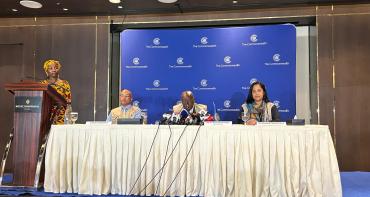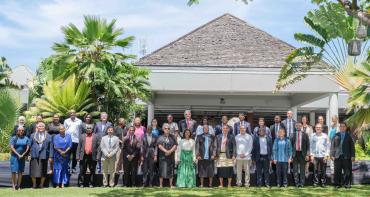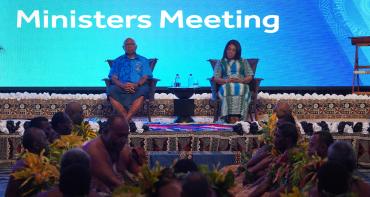The African Cyber Resilience project has focused in particular on the experiences of The Gambia, Kenya and Namibia and on reviewing and reforming their existing cyber legislation.
This has included drafting new cyber legislation for those countries which did not previously have a cyber-framework in place.
The Electronic Evidence Training in the Caribbean project provided the essential training for judges, prosecutors and cybercrime investigators throughout the Caribbean region. A further activity to train trainers included tutors from law schools in the Caribbean.
Feedback from these workshops suggests the implementation of the Commonwealth Secretariat’s training in local institutions’ curriculums would be beneficial so that participants can develop their knowledge more widely within their own organisations.
The International Co-operation project focused on the importance of cross-border co-operation in order to identify and fight cybercrimes or cybersecurity breaches.
This project resulted in:
- three regional workshops for the training of focal points in Africa, the Caribbean and the Pacific;
- the establishment of focal points in 46 Commonwealth countries for electronic evidence;
- a cross-border evidence exercise, which simulated a cyber attack and where participants had to collaborate with counterparts in Commonwealth countries. Winners were presented with awards at a special event at Marlborough House.
The Election Cybersecurity project involved regional workshops held in Johannesburg, Sydney, and Trinidad and Tobago, reaching over 35 countries in total from Africa, the Caribbean, and the Asia-Pacific regions.
This project also involved the development and launch of the Commonwealth Best Practice Guide on Cybersecurity for Elections.
The Guide includes evaluations and recommendations from expert consultants on best practice across the Commonwealth.



